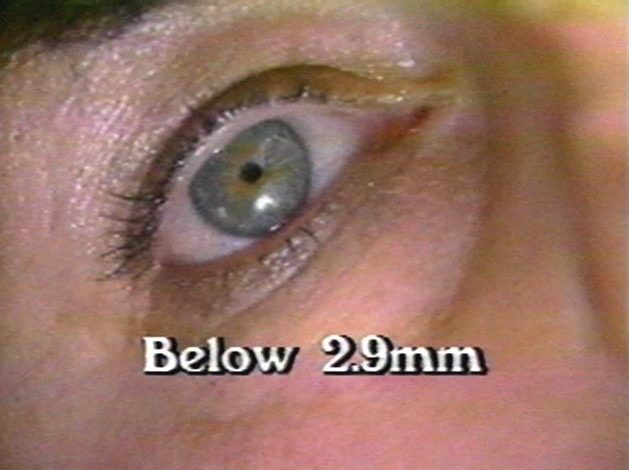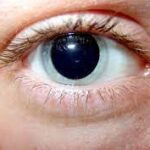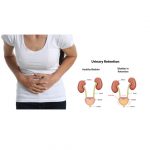What Drugs Cause Pinpoint Pupils?

Pinpoint pupils or miosis refers to a condition in which the pupils (the black center part of the eye) become constricted and appear smaller than normal. In adults, pupils normally measure between 2 and 4 millimeters in bright light. In the dark, they usually measure between 4 and 8 millimeters.
Shrinkage of the pupil size is normal in bright light, but when the pupil does not react normally to light levels and stays small, this can be a sign of a medical problem.
Pinpoint pupils are also seen in certain medical conditions, including Horner’s syndrome, and may occur with a stroke. Being born without the muscle that controls the pupils or with defects in the pupil’s muscle is called congenital miosis or microcoria. Depending on the exact cause, Pinpoint pupils can affect one or both pupils.
Beyond these medical conditions, certain classes of drugs are known to cause eye problems and the use of some types of drugs or medication can cause pinpoint pupils.
What Drugs Cause Pinpoint Pupils?
Studies have shown that narcotic pain medications and other drugs in the opioid family are more likely to cause pinpoint pupils. Some of the drugs that can cause this condition include:
Heroin: An opioid drug made from morphine, a natural substance taken from the seed pod of the various opium poppy plants grown in Southeast and Southwest Asia, Mexico, and Colombia. When heroin is injected into a vein, it produces a surge of euphoria, or “rush.” The effects include detachment from physical and emotional pain, pinpoint pupils, itchiness, and sweating.
Codeine: This is a prescription pain medication used to treat mild to moderate pain. It comes in tablet form and is the main ingredient in prescription-grade cough suppressants. Tylenol 3, a popular Painkiller, is Codeine combined with Acetaminophen. Codeine is an Opiate and a Narcotic that can also cause pinpoint pupils. Studies reveal that following the administration of codeine, pupil size can decrease significantly as plasma concentrations of codeine increase.
Methadone: Methadone is a medication approved by the Food and Drug Administration (FDA) to treat opioid use disorder (OUD) as a medication-assisted treatment (MAT), as well as for pain management. When taken as prescribed, methadone is safe and effective. Methadone helps individuals achieve and sustain recovery and to reclaim active and meaningful lives. However, the drug can also cause pinpoint pupils. Studies reveal that people taking methadone show smaller pupil diameters.
Fentanyl: Fentanyl, also spelled fentanil, is a powerful opioid used as a pain medication and, together with other medications, for anesthesia. It is also used as a recreational drug. Fentanyl constricts the pupils and causes pinpoint pupils which do not respond to changes in light.
Morphine: Morphine is one of several important alkaloids derived from the poppy plant, Papaver somniferum. Morphine is a very efficacious drug for the relief of moderate to severe pain and is the standard by which all other agents are measured. Morphine is also used preoperatively to reduce anxiety, cause sedation and reduce the dose of anesthetic. However, morphine is listed as one of the drugs that cause pinpoint pupils. Studies reveal that morphine acts on a subcortical region causing constriction of the pupil.
Oxycodone: Oxycodone is a potent opioid that can be useful when used judiciously for pain. However, oxycodone can also cause your pupils not to respond to changes in lighting, especially at high doses.
Hydrocodone: Hydrocodone is an opioid used to treat pain and as a cough suppressant. It is taken by mouth. Typically, it is dispensed as the combinations acetaminophen/hydrocodone or ibuprofen/hydrocodone, for pain severe enough to require an opioid and in combination with homatropine methylbromide to relieve cough. But hydrocodone is also implicated in the causation of pinpoint pupils. Either alone or in combination, studies have shown that this drug can cause pinpoint pupils.
How is drug-induced pinpoint pupils treated?
Any of the listed drugs and those that belong in their drug class can cause pinpoint pupils, especially during an overdose. There’s no treatment specifically for pinpoint pupils because it’s not a disease. In the event of an opioid overdose, emergency personnel can use a drug called naloxone to reverse the life-threatening effects of opioids.





